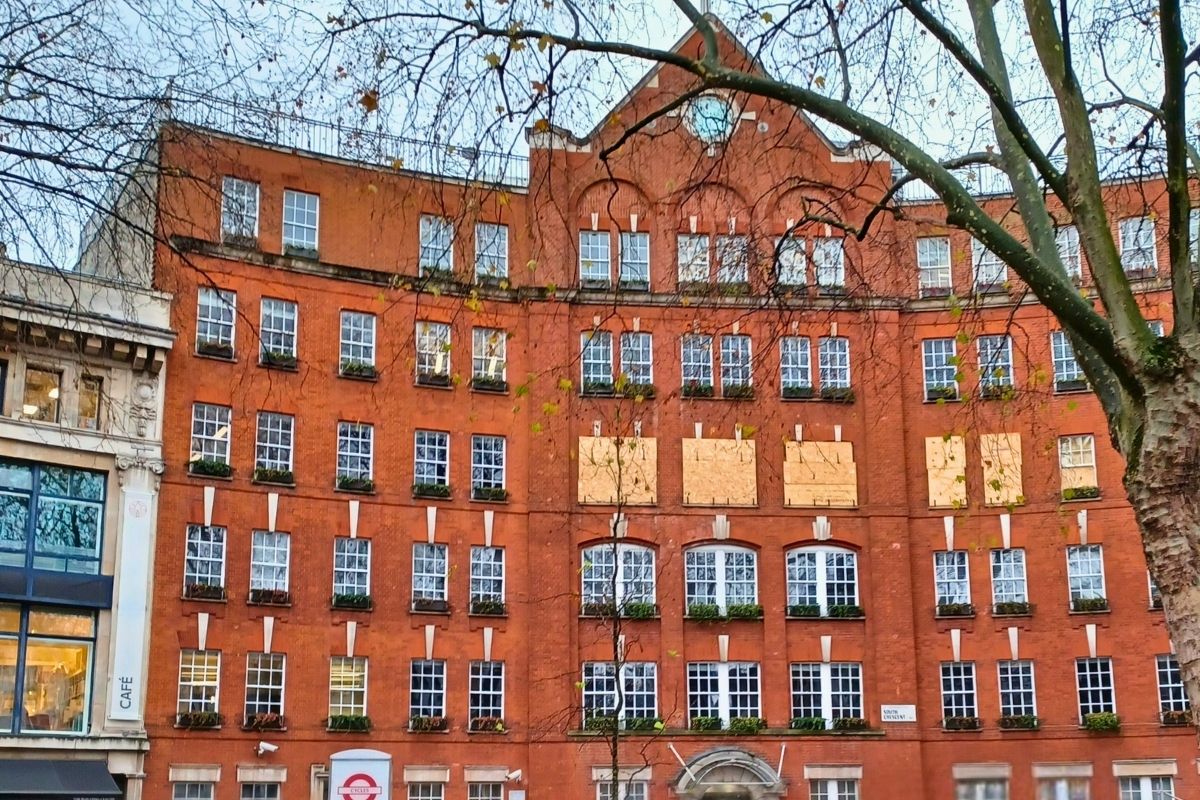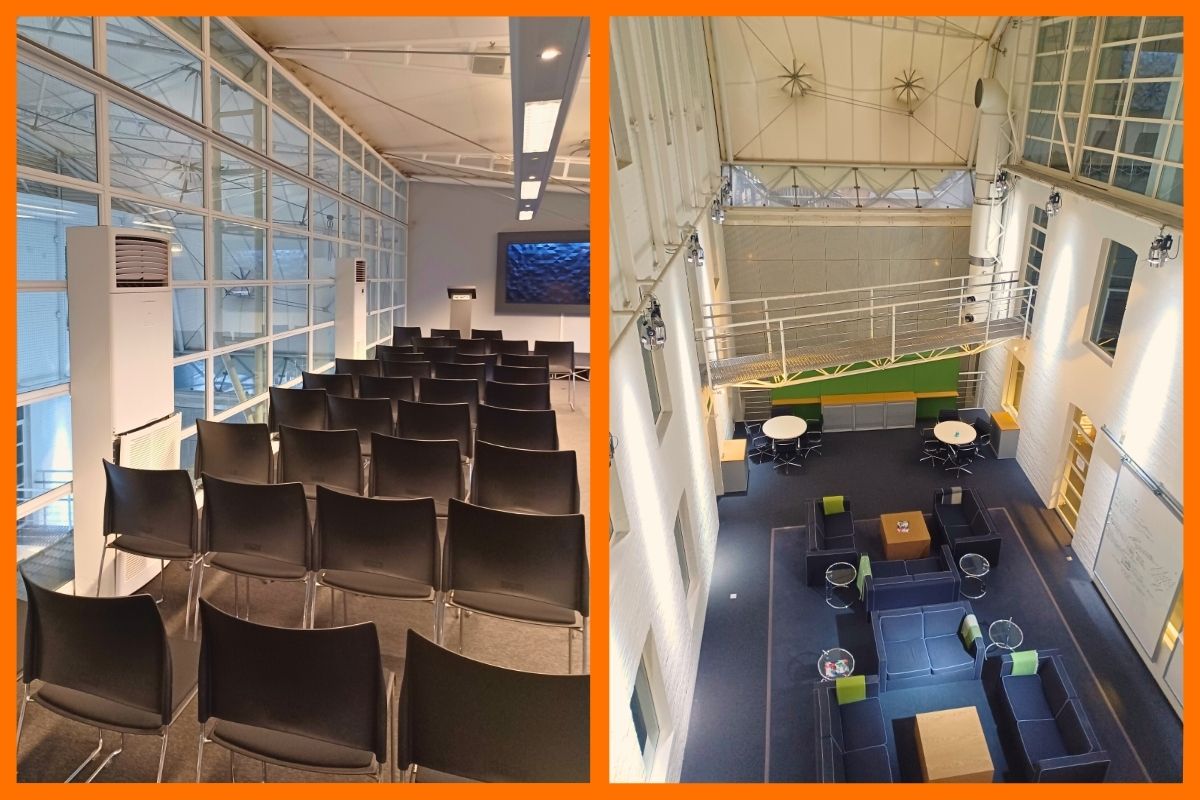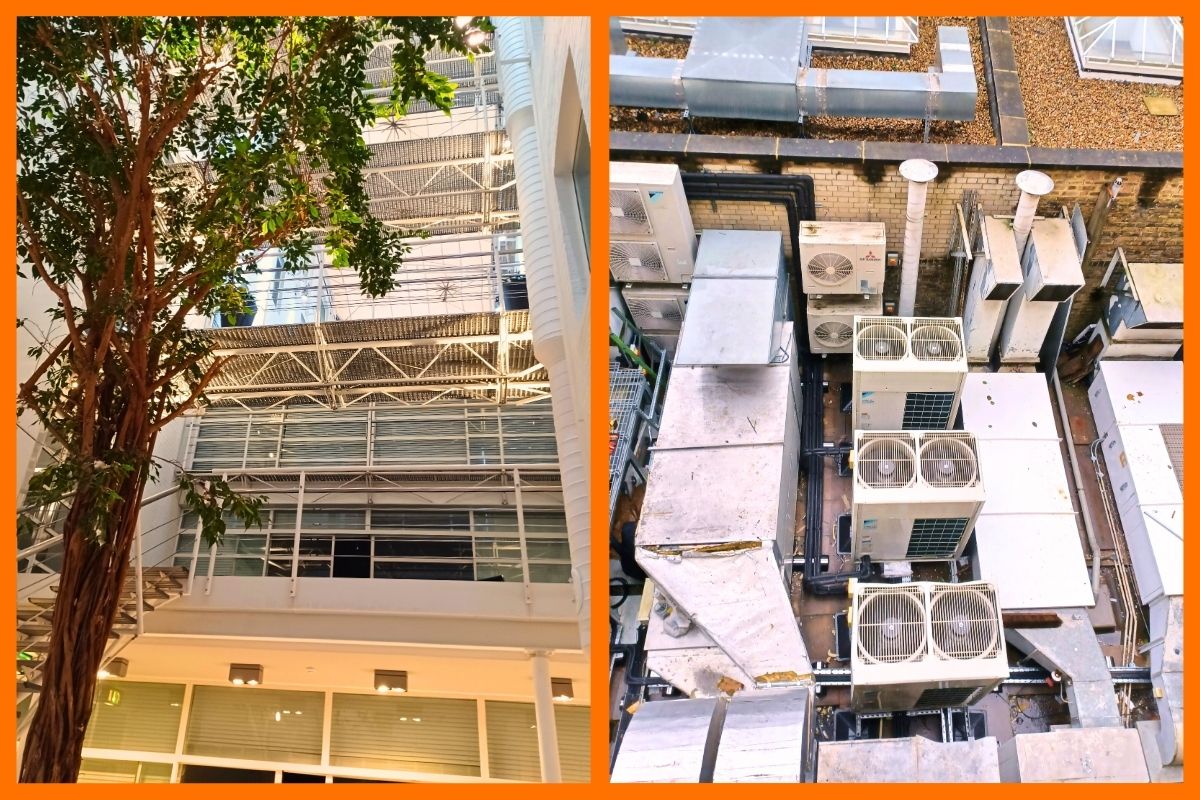
Heating, ventilation, and air conditioning (HVAC) systems are essential for occupant comfort and building efficiency. Yet, many commercial properties still operate outdated systems that drive up energy costs, create inconsistent temperatures, and contribute to poor air quality. These inefficiencies affect tenant satisfaction, increase operational costs and impact compliance with energy regulations.
With rising energy costs and poor climate control affecting the building, the owner of 25 Store Street turned to Karsons Consulting for a solution. Our team conducted a comprehensive assessment of the HVAC infrastructure, identifying key inefficiencies and opportunities for improvement.
More than just installing new systems, our involvement ensured that the right solutions were implemented in the right way, balancing technical performance with real-world practicality.
This case study explores how Karsons Consulting’s expertise in building services engineering, combined with targeted HVAC upgrades, transformed the building’s climate control, improved air quality, and delivered long-term cost savings.
HVAC systems account for approximately 40% of a commercial building’s total energy consumption (ResearchGate). For facilities managers and property owners, inefficient systems mean higher bills, more complaints from tenants, and difficulty in meeting EPC requirements.
With stricter energy performance regulations and rising operational costs, upgrading HVAC systems is no longer just about comfort. It’s a business-critical decision that affects both compliance and long-term profitability.
25 Store Street is a unique repurposed commercial space, originally built as a Victorian school circa 1906. While its architectural design remained intact, its HVAC infrastructure was outdated and inefficient.
The owner’s primary objective was to achieve an EPC rating of B, a significant improvement in the building’s energy efficiency certification.
In the UK, an EPC (Energy Performance Certificate) assesses a building’s energy efficiency on a scale from A (most efficient) to G (least efficient). Under Minimum Energy Efficiency Standards (MEES) regulations, commercial landlords must ensure their properties meet a minimum EPC rating of E to be legally let. However, upcoming government targets will require commercial buildings to meet EPC B by 2030, making early compliance a strategic investment.
Achieving an EPC B rating not only ensures long-term compliance but also makes the building more attractive to tenants, reduces operational costs, and improves sustainability credentials.
However, reaching this goal came with significant challenges. The building was entirely single-glazed, with only 15% of the space air-conditioned, while the rest relied on outdated electric storage heaters, leading to high energy consumption and inconsistent climate control. Reducing heating and cooling costs was also a key priority.

Our recommendations focused on enhancing temperature control, ventilation, and building insulation to create a more stable indoor environment while reducing operational costs.
To improve comfort and meet regulatory requirements, Karsons Consulting developed detailed specifications for the building upgrades and managed the tender process for appointing contractors. Given the building’s age and construction, careful planning was essential. Our team coordinated with a structural engineer to assess potential constraints and ensure the upgrades were implemented effectively.
The solutions implemented primarily addressed the highly inefficient heating system. Thermal modelling was carried out, and this helped to determine the heating and cooling loads at the site.
Karsons Consulting implemented targeted HVAC and building upgrades to improve efficiency, reduce costs, and enhance occupant comfort:
While energy efficiency remains a key driver in HVAC upgrades, occupant comfort is just as important, particularly in commercial spaces where environmental conditions can affect productivity and well-being.
Lee Jackson Air Conditioning, specialists in commercial cooling solutions, share this view. In their article on creating optimum comfort within an office, they explore how elements like airflow, zoning, and smart controls can support better working environments. It’s a helpful perspective that adds to the wider conversation around the role of building systems in shaping everyday user experience.

The upgrades at 25 Store Street resulted in significant improvements in energy efficiency, air quality, and occupant comfort. Most notably, the building achieved an EPC rating of B, a major improvement that enhances long-term asset value, sustainability, and regulatory compliance.
An efficient HVAC system isn’t just about temperature control. It directly affects energy efficiency, operating costs, and tenant satisfaction. The upgrades at 25 Store Street demonstrate how strategic improvements can deliver long-term benefits, including improved climate control, lower running costs, and a higher EPC rating.
If your building’s HVAC system is outdated, inefficient, or failing to meet compliance standards, now is the time to act. Karsons Consulting provides tailored solutions that ensure your building operates at its best—meeting regulatory requirements, improving comfort, and reducing long-term costs.
Contact Us – Discuss your building’s HVAC needs with our experts.
Book a Consultation – Schedule a professional assessment to explore upgrade options. Email us at info@karsonsconsulting.com info@karsonsconsulting.com or call 020 3282 7605.
Karsons Consulting are members of the Chartered Institute of Building Services Engineers, The Association of Consultancy and Engineering, British Institute of Facilities Managers and the Building Services Research and Information Association.